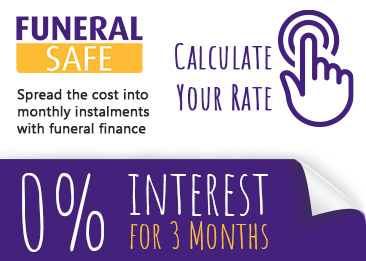Everyone assumes that when someone dies this is followed by a funeral service, but there is no legal obligation to have one. In fact, there are surprisingly few legalities surrounding death. The person who has died must be disposed of legally, which can only be done by cremation or burial, but there is no necessity to accompany this with a service or ceremony.
However, almost all cultures and religions observe funeral rites, recognising that these fulfil many emotional and spiritual needs. As well as being a last act of love and respect towards the person, it also gives family and friends a chance to say goodbye and express their grief, acknowledging the death, which is an essential part of the grieving process.
One of the first things to check is whether there is a pre-paid funeral plan in place. Not only will this cover most of the costs involved, but will also specify the wishes of the person who has died. Although you are under no obligation to follow their wishes, most executors would as a sign of respect.
Another consideration is the type of funeral you would like. This is a highly personal decision and offers a chance to celebrate the unique qualities of the person who has died. One of the first aspects to be decided is whether the funeral is to be a burial or cremation, and where and when you would like it to be held. The funeral director will make all enquiries for you, checking availability and confirming the arrangements.
Contact us
Thinking about a Funeral Plan?

Choice Funeral plans enable you to arrange and pay for your Funeral Director Services in advance, which could provide peace of mind to you and your family.
Learn more


